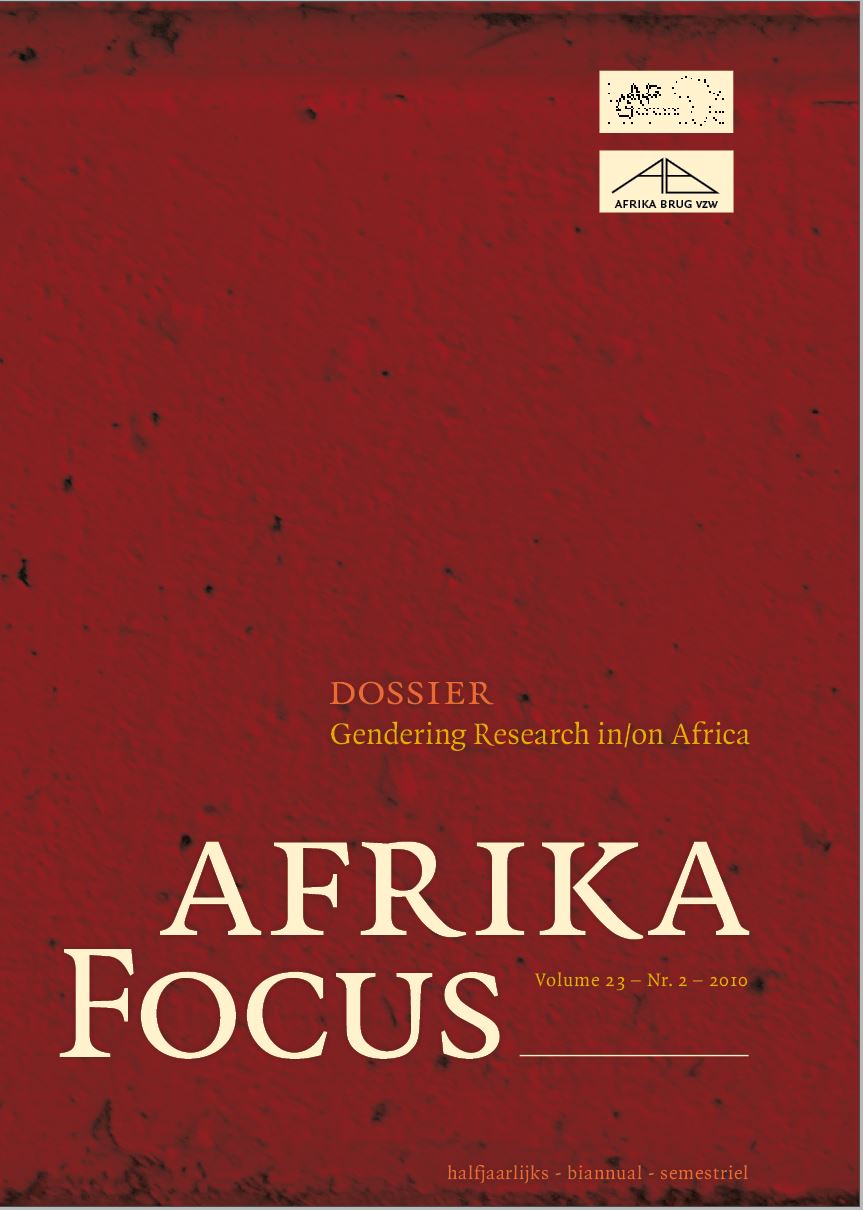Performing rap ciphas in late-modern Cape Town: extreme locality and multilingual citizenship
DOI:
https://doi.org/10.21825/af.v23i2.5005Abstract
The study of hip-hop in Cape Town, and indeed South Africa, has traditionally focused on the narratives and poetics of resistance, race and counter-hegemonic agency in the context of apartheid and the early days of post-apartheid. Despite this attention, hip-hop cipha performances remain relatively under-researched. The aim of this paper is to suggest that cipha performances display linguistic and discursive features that not only are of particular interest to rap music and hip-hop on the Cape Flats of Cape Town speci cally, but that also engage core issues around multilingualism, agency and voice more generally. It demonstrates how in the process of entextualization a sense of locality, extreme locality, emerges in cipha performances by means of verbal cueing, representing place, expressing disrespect (dissing), and the (deictic) reference to local coordinates that is achieved by transposing or recontextualizing transidiomatic phrases, and by incorporating local proxemics and audience reactions through commentary and response. It concludes by suggesting that competition around acceptable linguistic forms and framings (metalinguistic disputes) of extreme locality comprise the very micro-processes behind the formation of new registers. At the same time, these registers create the semiotic space for the exercise of agency and voice through multilingual practices, that is, multilingual citizenship. Key words: multilingualism, hip-hop, rap, extreme locality, multilingual citizenship, Cape TownDownloads
Published
How to Cite
Issue
Section
License
Authors who publish with this journal agree to the following terms
Authors retain copyright and grant the journal right of first publication with the work simultaneously licensed under a Creative Commons Attribution License that allows others to share the work with an acknowledgement of the work's authorship and initial publication in this journal.
Authors are able to enter into separate, additional contractual arrangements for the non-exclusive distribution of the journal's published version of the work (e.g., post it to an institutional repository or publish it in a book), with an acknowledgement of its initial publication in this journal.
Authors are permitted and encouraged to post their work online (e.g., in institutional repositories or on their website) prior to and during the submission process, as it can lead to productive exchanges, as well as earlier and greater citation of published work (See The Effect of Open Access).


